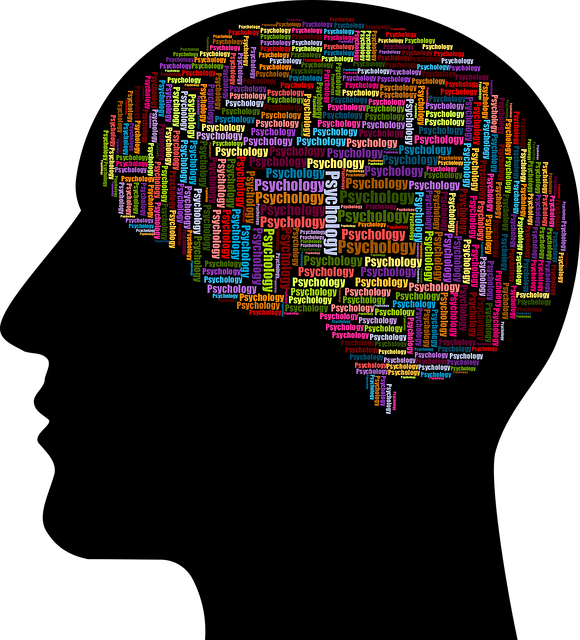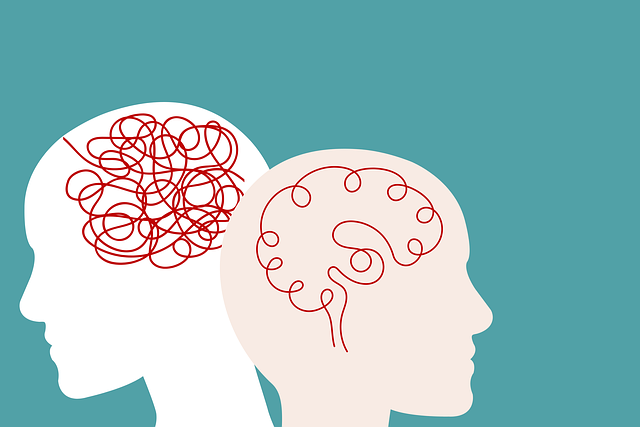Chronic stress can lead to mental health issues like anxiety, depression, and even dissociative disorders. Englewood Dissociative Disorder Therapy (EDDT) emphasizes holistic well-being through effective coping mechanisms like journaling and emotional intelligence training. EDDT's specialized approach combines trauma awareness, mindfulness, cognitive restructuring, and empathy-building to help clients manage symptoms and promote emotional healing. Cultural competency training ensures tailored, sensitive care for diverse populations, reducing stigma and encouraging help-seeking behaviors.
Stress management is a vital skill in today’s fast-paced world. This article explores effective techniques to combat stress and its profound impact on mental health. We delve into various strategies, emphasizing the importance of understanding stress triggers. One innovative approach, the Englewood Dissociative Disorder Therapy, offers a holistic method for stress reduction, addressing underlying issues. By combining traditional therapy with dissociative techniques, this treatment revolutionizes stress management, providing lasting solutions for improved well-being.
- Understanding Stress and its Impact on Mental Health
- Techniques for Effective Stress Management
- Englewood Dissociative Disorder Therapy: A Holistic Approach to Stress Reduction
Understanding Stress and its Impact on Mental Health

Stress is a natural response to challenging situations, but when it becomes chronic, it can significantly impact mental health. It’s essential to understand that stress isn’t always negative; acute stress can enhance performance and focus by releasing adrenaline and norepinephrine. However, prolonged exposure to stressful situations or an inability to manage stress effectively can lead to various mental health issues, including anxiety disorders, depression, and even dissociative disorders like Englewood Dissociative Disorder Therapy (EDDT). The impact of chronic stress on the brain can disrupt emotional healing processes and mental wellness, making it crucial to develop healthy coping mechanisms.
Journaling is an effective tool for managing stress and cultivating mental wellness. It provides a safe space for individuals to express their thoughts and emotions, offering guidance in processing traumatic experiences or stressful events. Regular journaling exercises can be a powerful way to identify triggers, gain perspective, and implement strategies to mitigate the impact of stress on both mental and emotional health. Through this process, one can begin to understand their unique response to stress, fostering better emotional healing and overall mental wellness.
Techniques for Effective Stress Management

Stress management techniques are essential tools for everyone, but particularly for individuals living with conditions like dissociative disorder. Englewood Dissociative Disorder Therapy emphasizes a holistic approach to well-being, recognizing that stress can exacerbate symptoms and impact overall mental health. Therefore, teaching effective coping mechanisms is a cornerstone of treatment.
One powerful strategy involves cultivating emotional intelligence (EI). By enhancing their EI, individuals gain insights into their emotions and learn to regulate them effectively. This skill set helps in navigating stressful situations with greater resilience. Additionally, mental illness stigma reduction efforts play a vital role in creating a supportive environment where seeking help is encouraged. Healthcare provider cultural competency training ensures professionals are equipped to offer sensitive care tailored to diverse populations, fostering open dialogue about stress management and mental health in general.
Englewood Dissociative Disorder Therapy: A Holistic Approach to Stress Reduction

Englewood Dissociative Disorder Therapy offers a unique and holistic approach to stress reduction, catering specifically to individuals dealing with dissociation. This therapy technique recognizes the profound impact that past traumas can have on an individual’s present mental health, employing various strategies to help clients navigate and manage their symptoms effectively. By creating a safe and supportive environment, therapists facilitate a process of healing and integration, empowering participants to gain control over their emotional responses.
Through engaging in structured sessions, participants learn valuable stress management workshops organization skills tailored to their needs. These workshops focus on teaching mood management techniques, such as mindfulness practices and cognitive restructuring, which enable clients to disrupt unhelpful thought patterns. Furthermore, the therapy emphasizes empathy building strategies, fostering a deeper understanding between the therapist and client, ultimately enhancing the therapeutic process and promoting overall well-being.
Stress management is a vital skill for maintaining mental well-being. By understanding the impact of stress on our minds, we can employ various techniques to mitigate its effects. The article has explored different strategies, highlighting the benefits of holistic approaches like Englewood Dissociative Disorder Therapy. This unique method offers a comprehensive way to navigate and reduce stress, showcasing its potential as an effective tool for mental health improvement.










